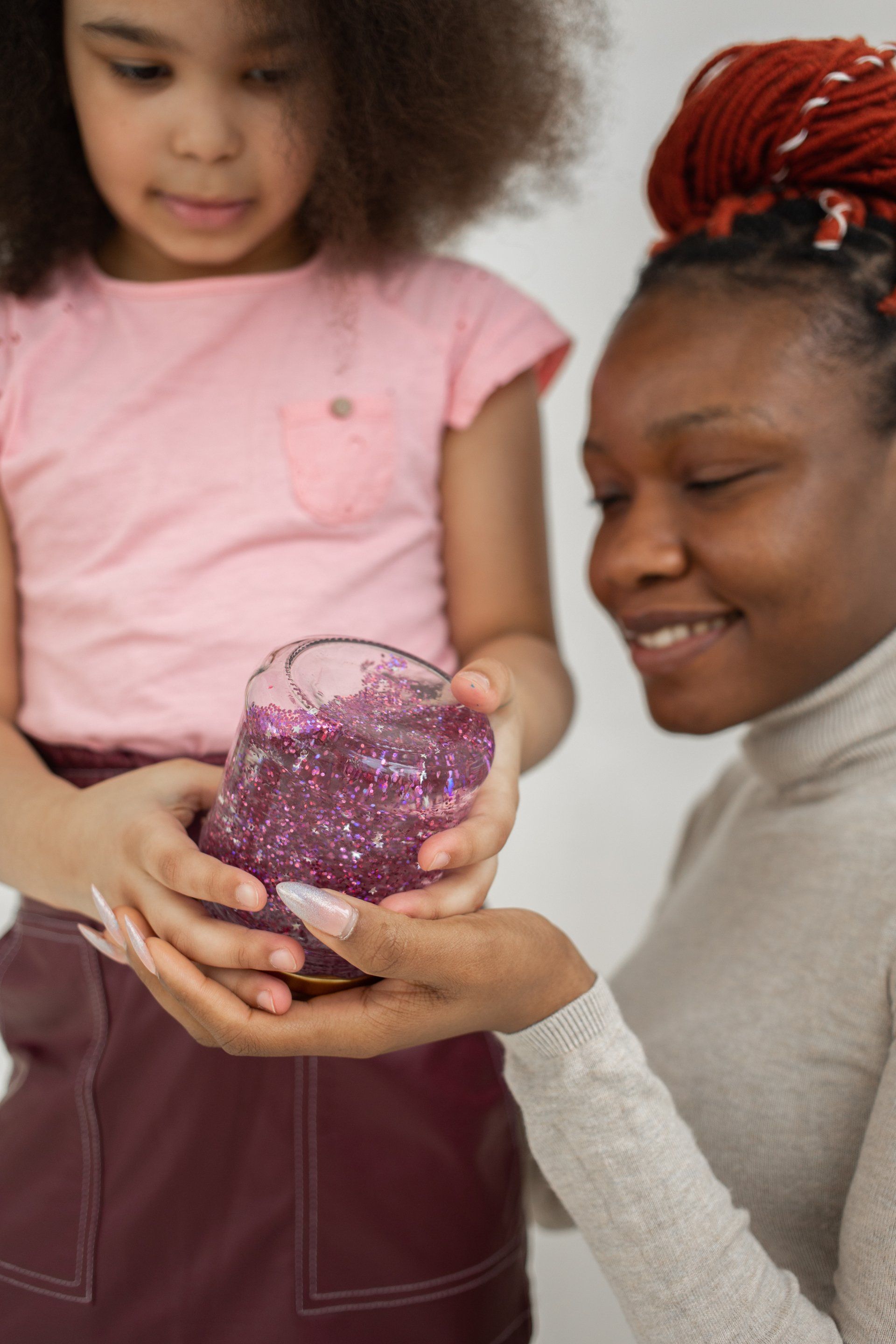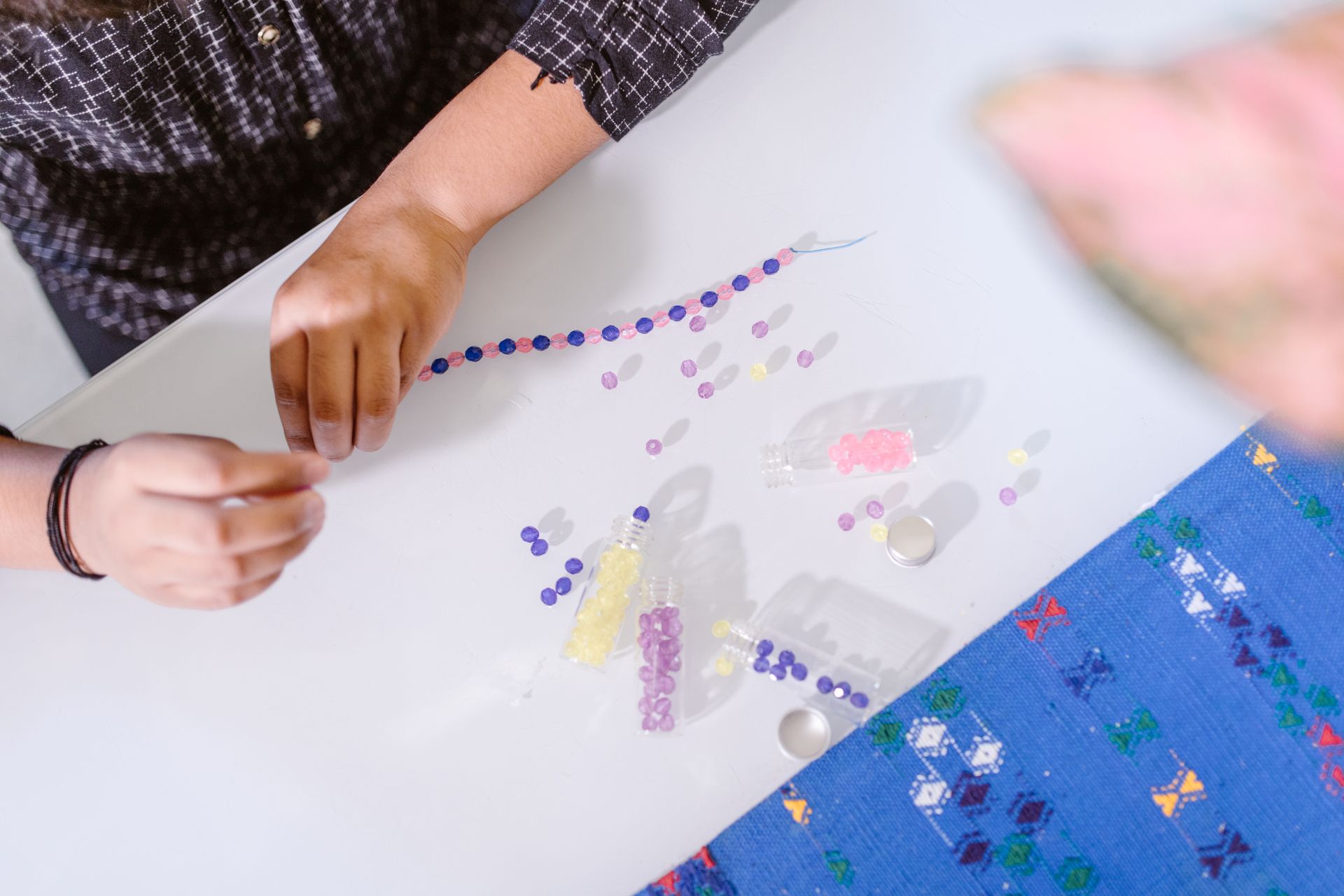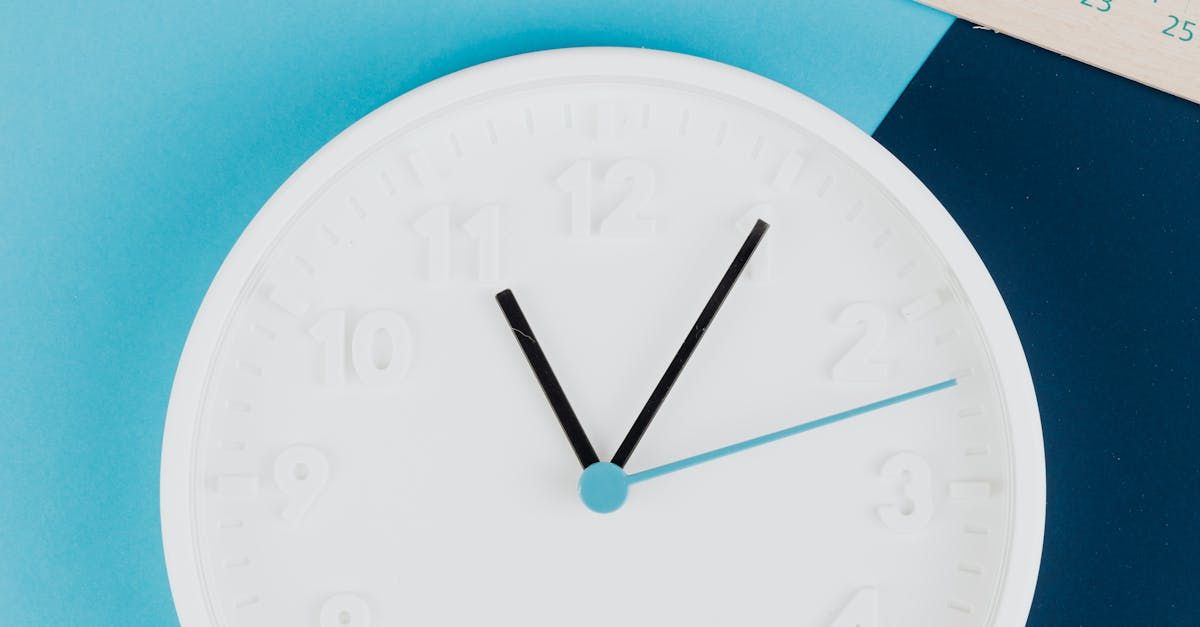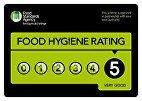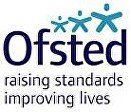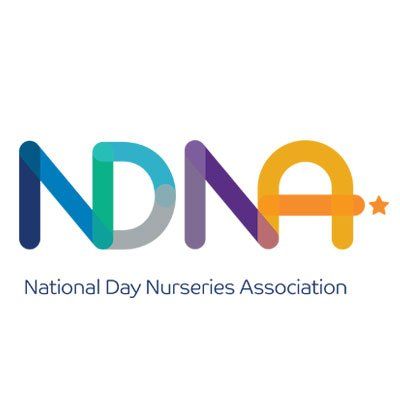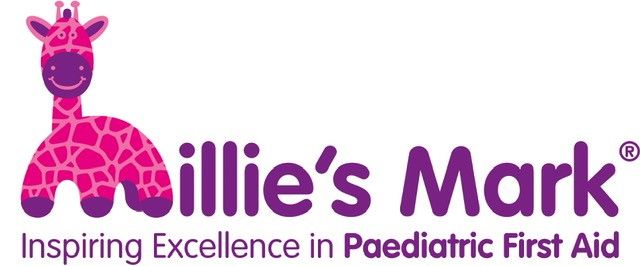Understanding Developmental Milestones: A Guide for Parents and Educators
Understanding Developmental Milestones:
A Guide for Parents and Carers
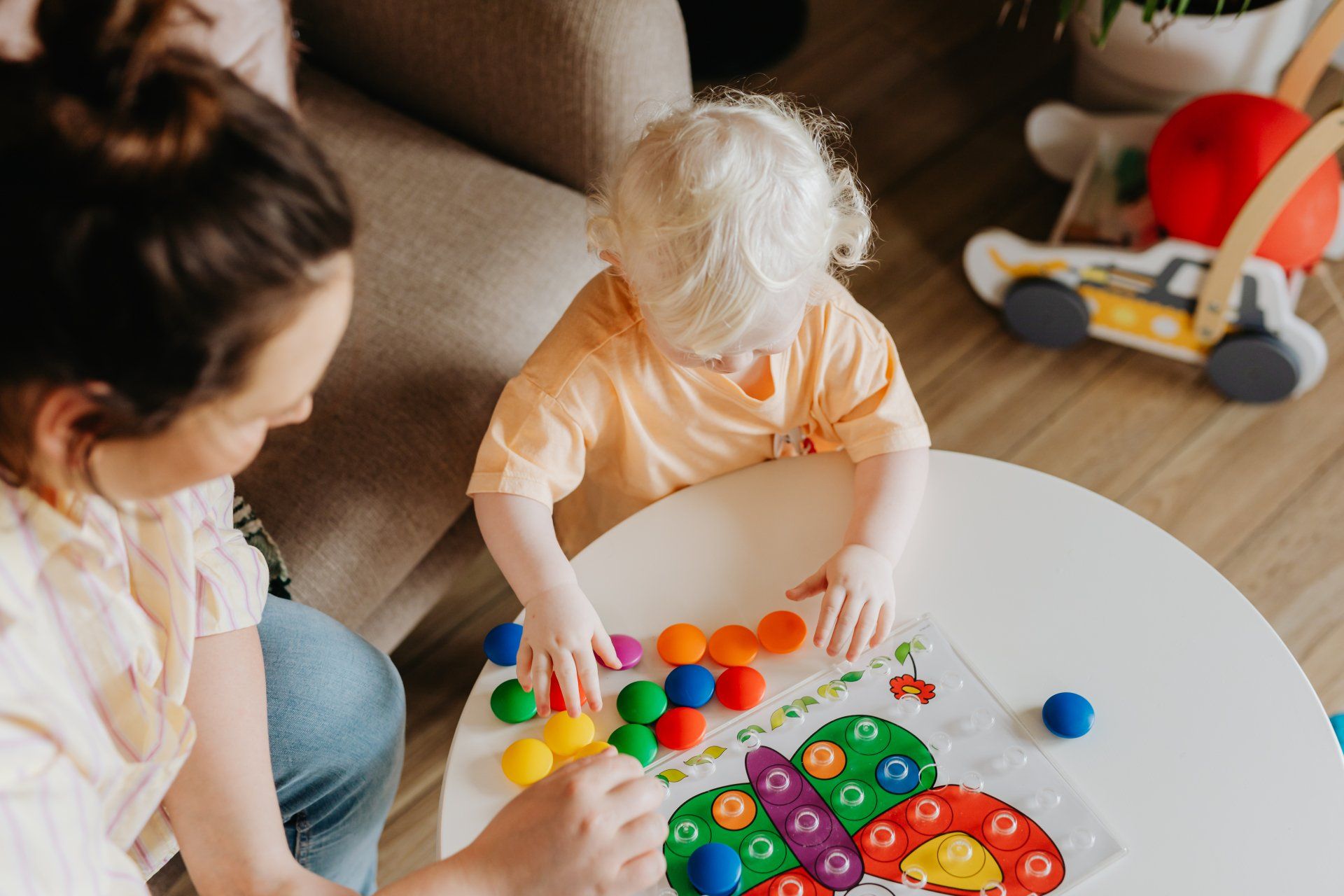
Understanding the journey of child development is essential for parents and educators alike. Developmental milestones serve as critical indicators of a child's growth in various areas, including physical, cognitive, social, and emotional development. Recognising these milestones helps ensure that children are on track and allows for early detection of potential developmental delays, which can be pivotal in providing timely interventions.
What Are Developmental Milestones?
Developmental milestones are specific skills or behaviours that most children can do by a certain age. These milestones are categorised into different domains of development, such as gross motor skills (e.g., crawling, walking), fine motor skills (e.g., grasping objects), language skills (e.g., babbling, speaking), cognitive skills (e.g., problem-solving, memory), and social-emotional skills (e.g., smiling, making eye contact). Tracking these milestones helps parents and educators understand a child's developmental progress.
Typical Developmental Milestones by Age:
0-6 Months:
- Physical: Raises head and chest while on tummy, rolls over, begins to sit with support.
- Cognitive: Responds to sounds, follows moving objects with eyes, recognises familiar faces.
- Social/Emotional: Smiles at people, enjoys playing with others, responds to affection.
6-12 Months:
- Physical: Sits without support, crawls, stands while holding on.
- Cognitive: Looks for hidden objects, begins to use objects correctly (e.g., drinks from a cup).
- Social/Emotional: Shy or nervous with strangers, has favourite toys, shows fear in some situations.
1-2 Years:
- Physical: Walks alone, begins to run, climbs onto furniture.
- Cognitive: Begins to sort shapes and colours, follows simple instructions, starts to use simple sentences.
- Social/Emotional: Shows more independence, plays mainly beside other children, begins to show defiant behaviour.
Understanding Developmental Delays:
Developmental delays occur when a child does not reach milestones at the expected times. It is important to remember that all children develop at their own pace, but significant delays in areas like language, motor skills, social skills, and cognitive development can indicate underlying issues. Recognising these delays early can lead to effective interventions.
Types of Developmental Delays:
- Global Developmental Delay: Delays in multiple areas of development.
- Specific Developmental Delay: Delays in one specific area, such as speech or motor skills.
Common Signs of Developmental Delays:
- Speech/Language Delay: Not babbling by 12 months, not speaking single words by 16 months.
- Motor Delay: Not sitting by 9 months, not walking by 18 months.
- Social/Emotional Delay: Not making eye contact, not interested in interactions with others.
Factors Influencing Developmental Milestones:
Various factors can influence a child's development. Understanding these can help create a supportive environment for growth.
Genetic Factors:
- Some children may have genetic conditions that affect their development, such as Down syndrome or fragile X syndrome.
Environmental Factors:
- A child's surroundings, including the home environment, access to stimulating activities, and interactions with caregivers, play a crucial role in development.
Health and Nutrition:
- Proper nutrition and overall health significantly impact a child's growth. Regular check-ups and a balanced diet are essential.
Parental Involvement:
- Active involvement from parents in activities such as reading, playing, and talking with the child can promote healthy development.
How to Support Healthy Development:
Parents and educators can take various steps to support a child's development.
Practical Tips:
- Create a Stimulating Environment: Provide age-appropriate toys and activities that encourage exploration and learning.
- Encourage Play: Playtime is crucial for development. Engage in both structured and unstructured play.
- Read Together: Reading to your child daily can significantly enhance language skills and cognitive development.
- Monitor Progress: Keep track of your child's milestones and consult with healthcare professionals if you have concerns.
Activities and Interventions:
- Gross Motor Skills: Encourage activities like crawling, walking, and climbing.
- Fine Motor Skills: Offer toys that require grasping, stacking, or manipulating small objects.
- Language Skills: Talk to your child, sing songs, and read books together.
- Social Skills: Arrange playdates and encourage interaction with other children.
When to Seek Professional Help:
Knowing when to seek professional help can make a significant difference in a child's development.
Indicators for Professional Assessment:
- Consistent Delays: If your child consistently misses milestones.
- Regression: If your child loses previously acquired skills.
- Concerns from Caregivers: If teachers or caregivers express concerns about your child's development.
Seeking Help:
- Paediatrician Consultation: Start with your child's paediatrician for an initial evaluation.
- Specialists: Depending on the concern, a referral to a specialist, such as a speech therapist, occupational therapist, or developmental paediatrician, may be necessary.
Resources for Parents and Educators:
Having access to reliable resources can provide valuable support and information.
Books:
- "The Wonder Weeks" by Hetty van de Rijt and Frans Plooij.
- "Caring for Your Baby and Young Child" by the American Academy of Paediatrics.
Websites:
- [CDC's Developmental Milestones](https://www.cdc.gov/ncbddd/actearly/milestones/index.html)
- [Zero to Three](https://www.zerotothree.org/)
Organisations:
- American Academy of Paediatrics (AAP)
- National Association for the Education of Young Children (NAEYC)
Conclusion:
Understanding developmental milestones is crucial for monitoring a child's growth and identifying any potential delays early on. Parents and educators play a vital role in supporting children's development by providing a nurturing environment, engaging in stimulating activities, and seeking professional help when necessary. By staying informed and proactive, you can help ensure that children reach their full potential.
FAQ:
1. What are developmental milestones?
- Developmental milestones are specific skills or behaviours that most children can do by a certain age, indicating progress in areas such as physical, cognitive, and social development.
2. How can I track my child's developmental milestones?
- You can track your child's milestones by observing their behaviours and comparing them to standard milestone checklists available from sources like the CDC or your paediatrician.
3. What should I do if I suspect a developmental delay in my child?
- If you suspect a developmental delay, consult your child's paediatrician for an evaluation. Early intervention is crucial for addressing developmental issues.
4. How can I support my child's development at home?
- Engage in activities that promote various areas of development, such as reading together, playing with age-appropriate toys, encouraging social interactions, and providing a stimulating environment.
5. Are developmental delays permanent?
- Not all developmental delays are permanent. Early detection and intervention can significantly improve outcomes, and many children catch up to their peers with appropriate support and therapy.
6. What resources are available for parents concerned about developmental delays?
- There are many resources available, including books, websites like the CDC and Zero to Three, and organisations like the American Academy of Paediatrics.
GLOBAL KIDS DAY CARE LIMEHOUSE
Lascar Wharf Community Centre, Limehouse, London, E14 7FN. | Tel: 0207 001 1210 Email: limehouse@globalkidsdaycare.co.uk
GLOBAL KIDS DAY CARE MILE END
21 Burdett Road, Mile End, London, E3 4TU. | Tel: 0208 980 1706 Email: mile-end@globalkidsdaycare.co.uk
GLOBAL KIDS DAY CARE ALDGATE EAST
52 Old Castle Street, Aldgate East, London E1 7AJ. | Tel: 0203 302 7800 / Mobile: 07823 770035 | Email: aldgateeast@globalkidsdaycare.co.uk
Opening Times: 8am - 6pm




